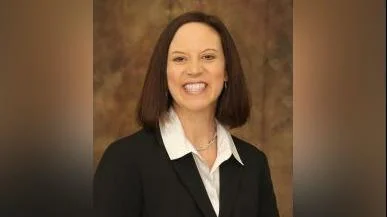Darin LaHood U.S. Rep. Illinois | Official U.S. House Headshot
Darin LaHood U.S. Rep. Illinois | Official U.S. House Headshot
Today, the U.S. House of Representatives passed the Community Reclamation Partnerships Act, introduced by Congressman Darin LaHood of Illinois. The legislation aims to promote investment in cleaning up abandoned coal mines across the United States.
"This legislation, which also passed the House last Congress, will help address the complex legal and funding-related challenges for abandoned mines that we have in Illinois and across the country," said Rep. LaHood. He explained that the act amends the Surface Mining Control and Reclamation Act of 1977, allowing states to collaborate with non-governmental entities on mine reclamation and acid mine drainage cleanup projects. "Nongovernmental entities recognize the need for reclamation in our communities and are willing to contribute the resources and expertise necessary to address this problem while reducing the burden on taxpayers and states," he added.
House Committee on Natural Resources Chairman Bruce Westerman expressed support for the bill: "With thousands of legacy coal mines across the country in need of remediation, we must support all efforts to responsibly clean up these sites." He noted that Rep. LaHood's bill encourages community efforts to work with state and federal governments.
Chris Wood, President and CEO of Trout Unlimited, also praised the legislation: "Last year, Congress passed Good Samaritan legislation to jumpstart the cleanup of abandoned hardrock mines. Today, the House of Representatives took a big step forward to do the same for abandoned coal mines." Wood thanked Congressman LaHood for his leadership and acknowledged bipartisan cooperation within the Natural Resources Committee.
The Community Reclamation Partnerships Act addresses issues related to numerous inactive coal mines left before modern regulations were established. These sites often pose health risks or environmental hazards that impede economic development opportunities. State Abandoned Mine Land programs manage many cleanup projects annually but face challenges due to a large number of unclaimed sites.
The new legislation seeks alternative solutions by involving third-party non-governmental organizations in reclamation efforts without imposing additional burdens on coal operators or taxpayers.





 Alerts Sign-up
Alerts Sign-up